Tampa's HVAC Services | License #: CAC1818057
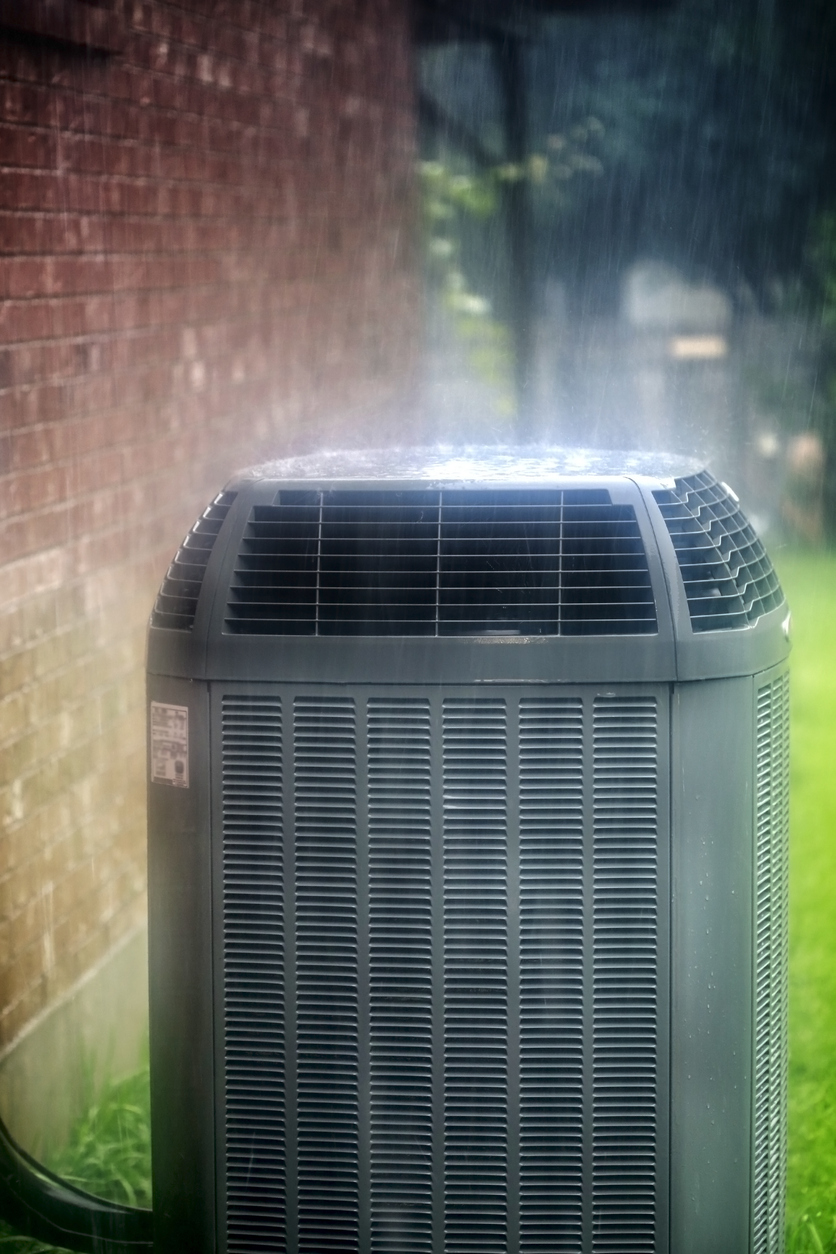
Can AC Units Get Wet?
Air conditioners are essential for maintaining comfort in our homes and workplaces, especially during the hotter months. However, many homeowners often wonder, “Can AC units get wet?” and “Are air conditioners waterproof?” These are crucial questions as the answers help in ensuring the longevity and efficiency of your AC system.
Can You Run AC in the Rain?
Firstly, it’s important to address a common concern: can you run AC in the rain? The answer is yes. Air conditioners are designed to withstand normal weather conditions, including rain. The outdoor components of most AC systems are built with a durability that allows them to operate effectively, even when exposed to water. However, while AC units can handle rain without immediate harm, there are certain considerations to keep in mind to maintain their condition and functionality.
Are AC Units Waterproof?
When posed with the question, “Are AC units waterproof?” it’s essential to clarify that while they are water-resistant to a degree, they are not completely waterproof. The outdoor unit of an air conditioner, which houses the compressor, condenser coils, and fan, is typically equipped with a sturdy, weather-resistant casing that protects internal components from direct contact with water. This design ensures that elements like rain or sprinkler water do not easily penetrate the critical components.
However, consistent or extreme exposure to water can lead to potential issues. For instance, if water accumulates inside the unit or if the drainage systems are blocked, this can cause problems. It is crucial to ensure that the unit has proper drainage and that the area around it is free from standing water.
Can Rain Damage AC Outdoor Unit?
Considering the possibility of rain damage, one might ask, “Can rain damage AC outdoor unit?” In usual circumstances, rain alone does not damage the outdoor unit. However, if the rain is accompanied by severe storms or flooding that leads to substantial water accumulation, the AC unit could be at risk. Floodwater can reach the electrical components and cause significant damage, or even lead to a complete system failure. It is advisable to inspect the unit after any extreme weather event to ensure that no water has infiltrated internal components and that the system is still in good working order.
Maintenance Tips for Wet Conditions
To ensure that your air conditioner continues to function efficiently, especially when it gets wet, regular maintenance is crucial. Here are a few tips:
- Inspect Regularly: Check the outdoor unit periodically for any signs of water accumulation or blockage in the drainage system.
- Install Properly: Make sure that your AC unit is installed on a slightly elevated platform if your area is prone to flooding. This minor adjustment can prevent potential water damage during heavy rains.
- Cover Strategically: While covering the AC unit during off-season months can protect it from debris and extreme weather conditions, ensure the cover is breathable to avoid condensation build-up, which could lead to corrosion.
Conclusion
In conclusion, while air conditioners are not entirely waterproof, they are designed to endure rain and standard wet conditions. Regular maintenance and proper installation can help mitigate any potential damage from water exposure. Remember, can AC units get wet? Yes, but with the right precautions, you can keep your system running efficiently for years.
If you have concerns about how water exposure might affect your air conditioning system, or if you need professional advice on maintaining your unit, don’t hesitate to contact The Comfort Authority. Our experts are here to ensure that your AC system offers optimal performance and comfort, rain or shine. Contact us today for more information and support!
Recent News
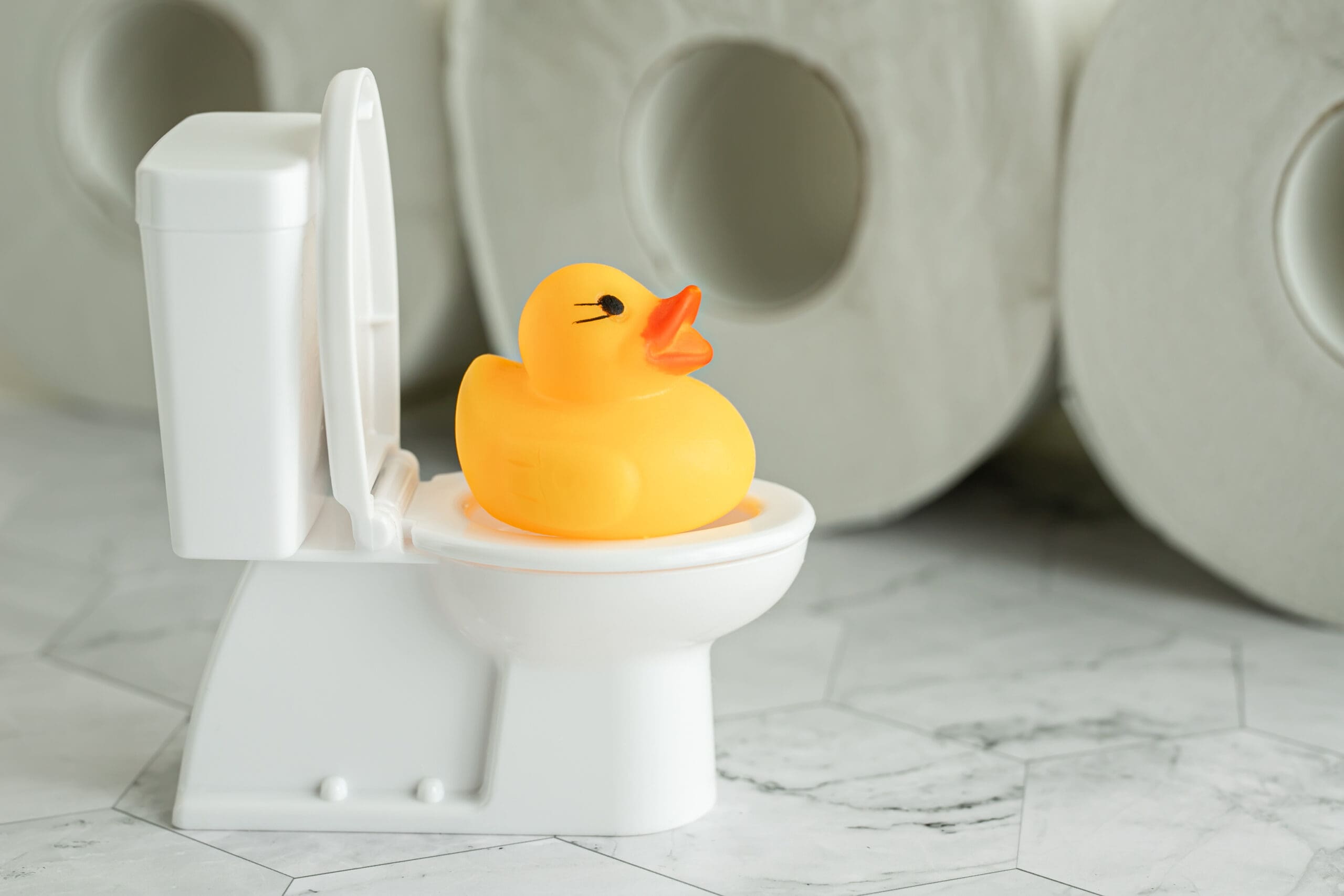
Why Does My Toilet Flush Twice?

Why Does My Bathroom Smell Like Sewage?
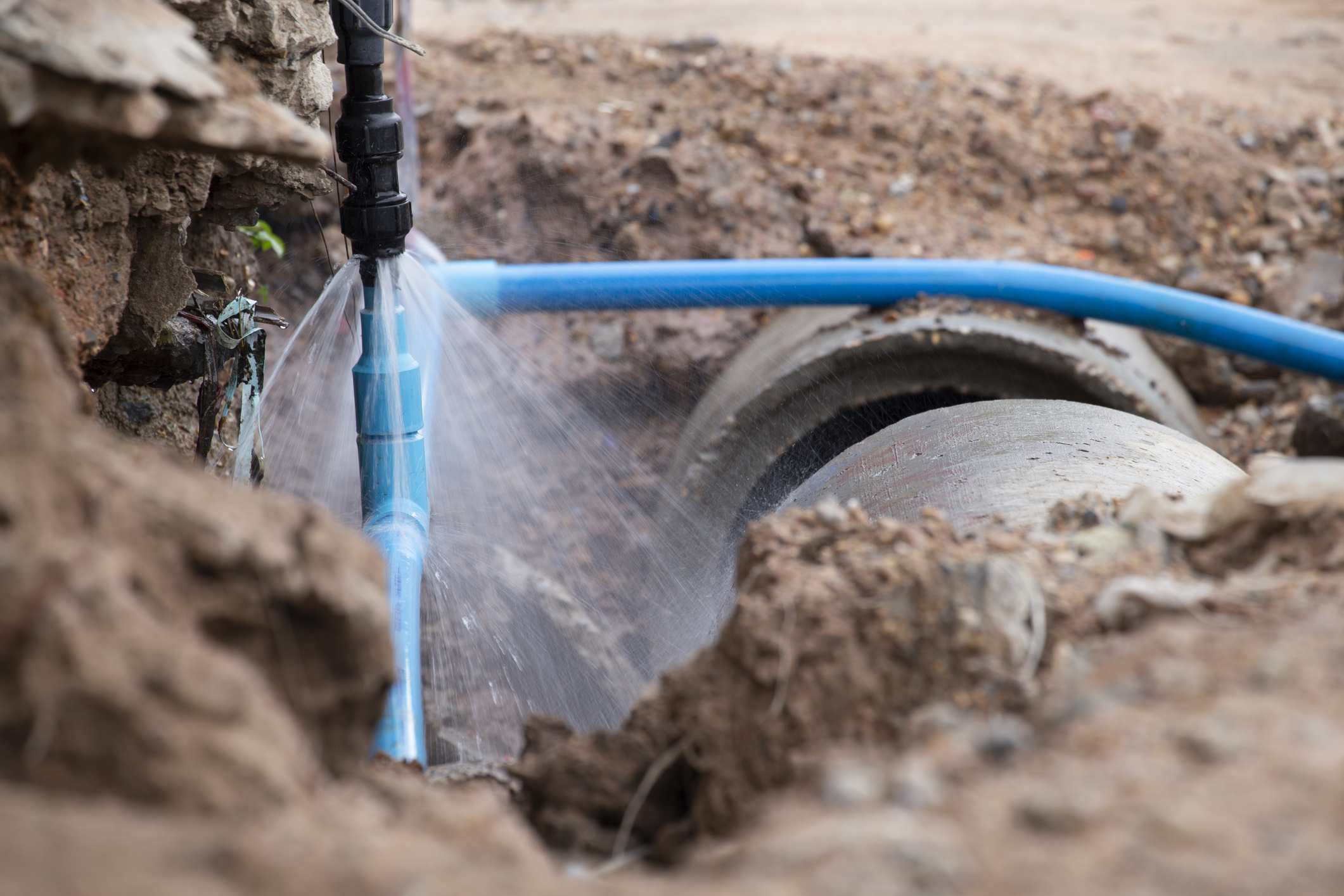
Broken Pipe? 5 Common Causes
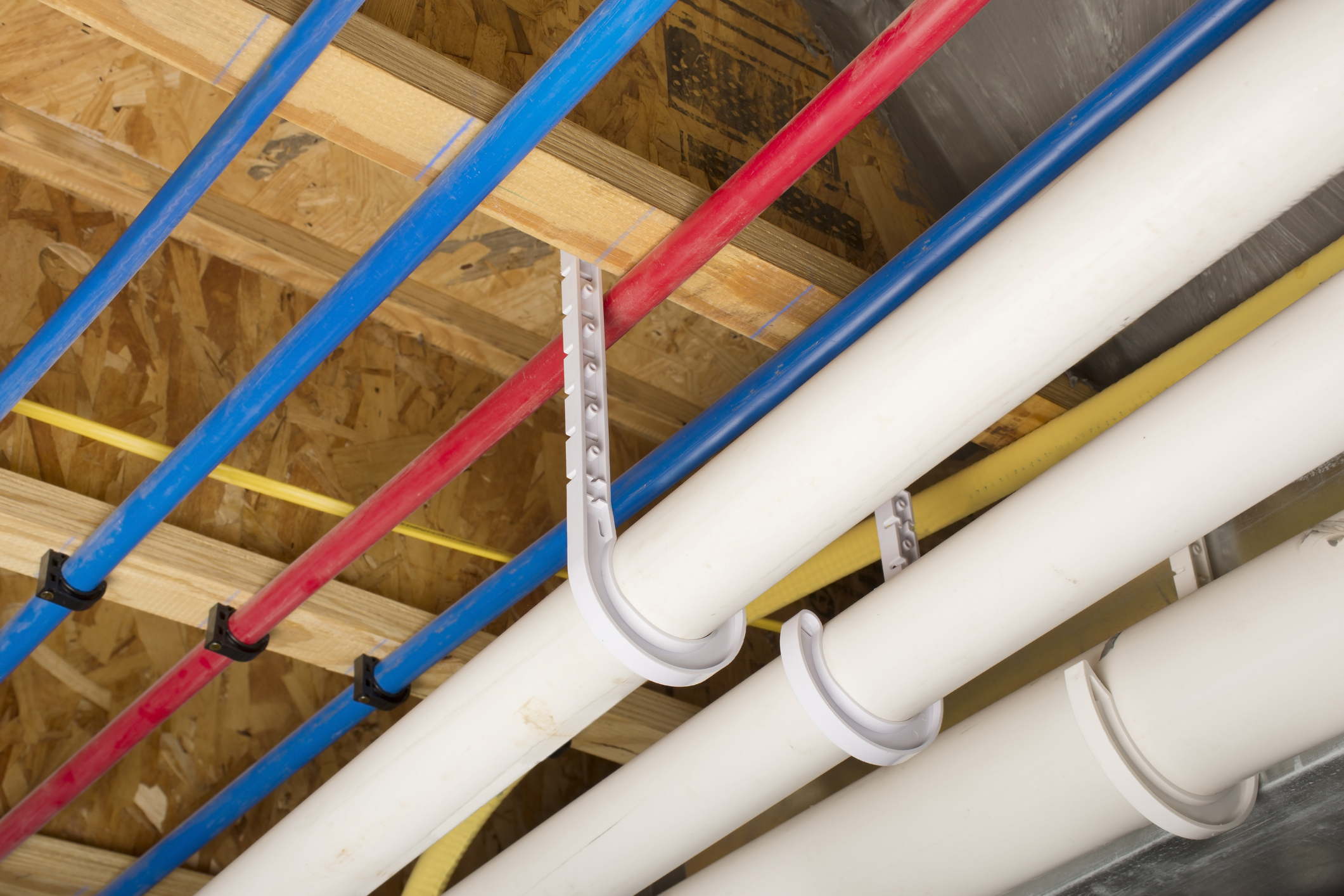
Types of Plumbing Pipes: Which are Best for Your Home?
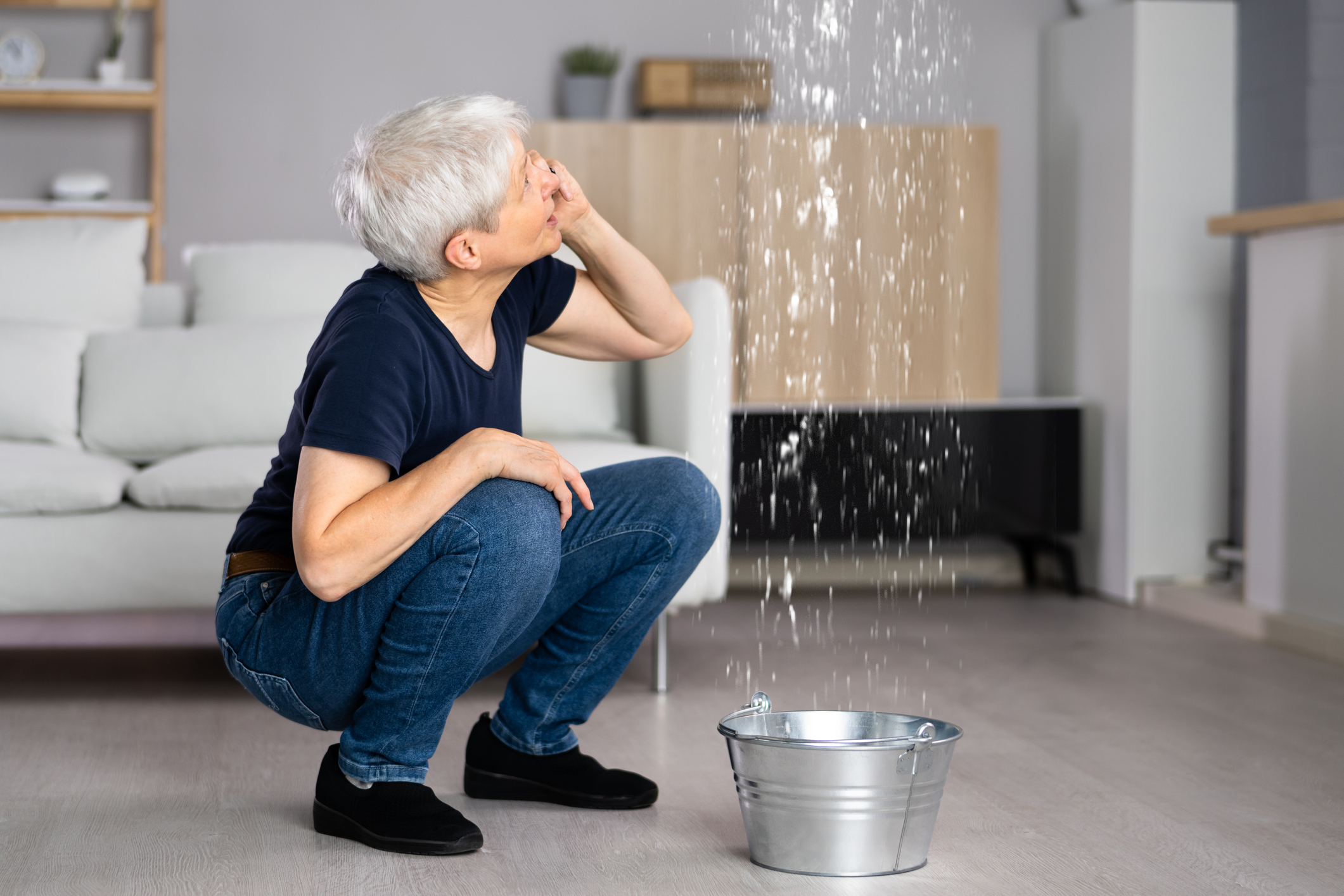
What to Do In Case of an Emergency Water Leak
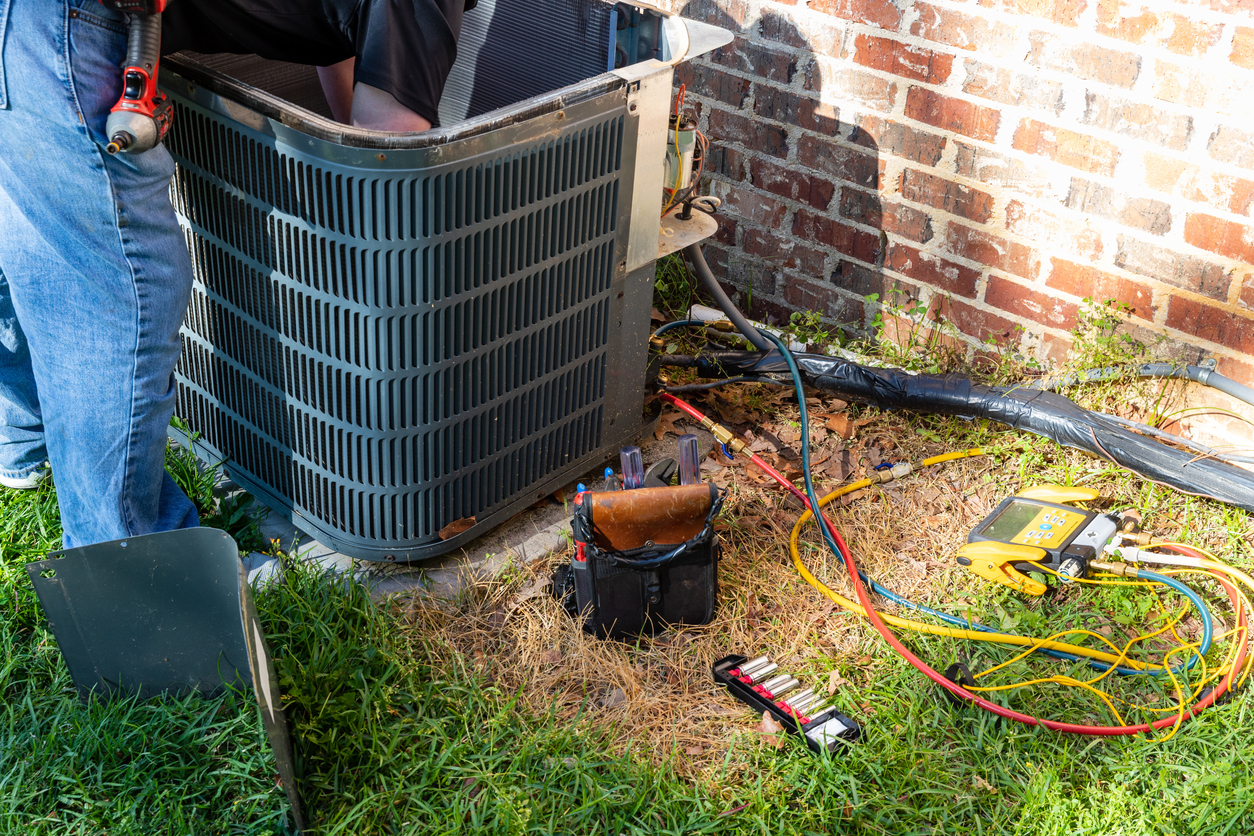
Why is My Air Conditioner Making a Dripping Noise?
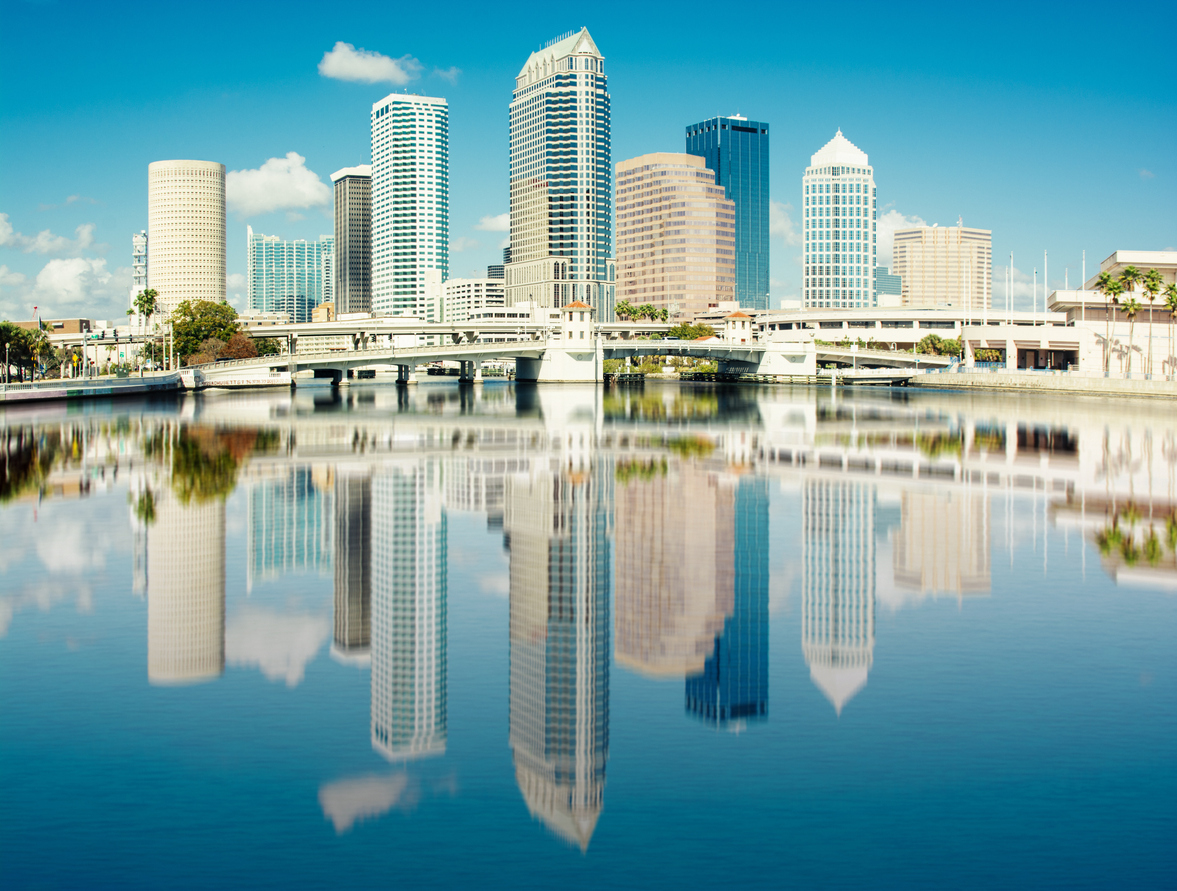
What Should You Set AC to in Florida When Away From Home?
